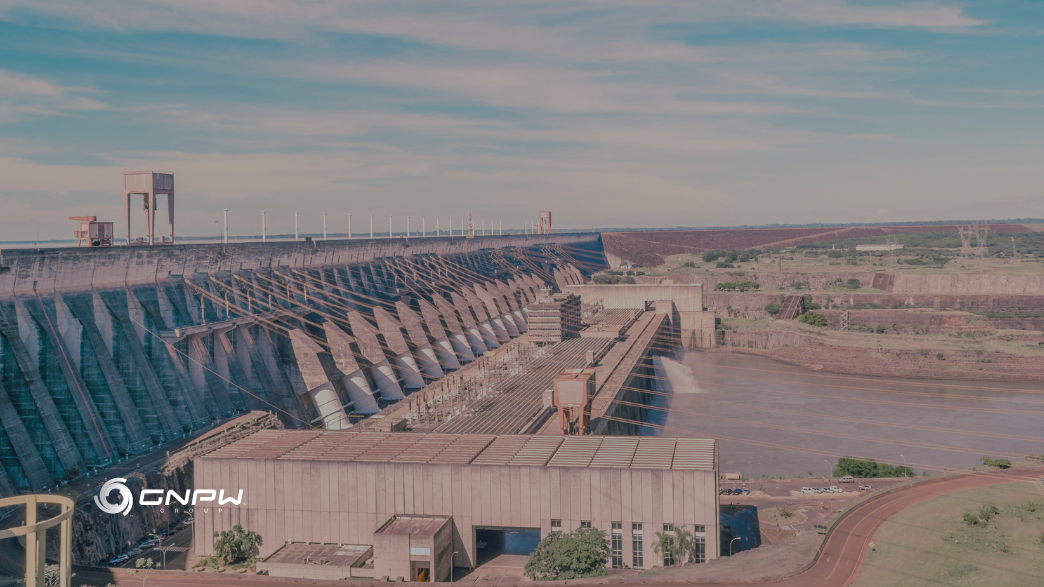Understand, in this content, the reasons why there is a stagnation of energy efficiency in Brazil and the solution for this scenario.
In the current scenario in the country, understanding what energy efficiency is is important to identify opportunities for optimization from generation to consumption. In times of water and energy crisis, these actions help to reduce costs, maintain supply and reduce waste, which also contributes to the environment.
Thus, energy efficiency aims to optimize the use of energy sources to reduce costs and collaborate with the environment. That is, carry out the same processes using fewer resources.
Brazil and its energy efficiency
At the event held by the Climate and Society Institute (ICS), the stagnation of energy efficiency in Brazil was discussed, which is at least 20 years out of date, while developing countries such as China and India have made progress in this scenario in recent years.
For participants, the stagnation is mainly due to past political decisions, which should have had a focus on energy infrastructure. A study carried out by Instituto E+ — a national entity that discusses issues related to energy — pointed out the importance of energy efficiency in Brazil.
The work evaluated the energy consumption per person, measured in tons of oil, to level the analysis of different sources. In 2017, Brazil’s index was 1.41 while that of the European Union was 3.08.
According to the survey, it would take 20 years for Brazil to reach the same level as Europe. In this case, the transition to a new energy model is an important factor for the country to advance and develop. In recent auctions, the country has already started to contract renewable source options, however the projects should be ready from 2024 onwards, leaving an energy gap until then.
How to overcome this crisis?
To reverse the situation, the government needs to identify where the potential is and invest in them. The civil construction sector, for example, accounts for about 51% of energy consumption in Brazil.
Another point is the policies that do not help the real problem. Labeling actions and equipment standards indicate the energy efficiency of appliances, but are not used in important industries. In civil construction, there is a voluntary labeling program and, without the obligation, adherence ends up not being large. The industrial sector, on the other hand, ranks second in energy expenditure and could help in the country’s efficiency gains, if the government invested in laws and incentives for the voluntary reduction of demand.
In fact, some large companies, looking for ESG shares, are already investing in energy efficiency. However, small and medium industries and commerce are out of public policies, delaying the sector’s progress. Therefore, it is essential that the government develop measures in this area. Thus, it is possible to bring resilience to the energy system in the medium and long term.
It is worth noting that energy efficiency measures not only help the environment and reduce costs, as well as becoming one of the solutions for the energy crisis generated by the water crisis. After all, it’s no use looking for new sources, if between production and consumption a large part is lost.
For industry experts, investing in energy efficiency and talking about it is the only way to contain the costs generated by the water crisis in 2021. With the advance of the climate crisis and the increase in consumption, it will be difficult to make reductions in the next two years. Thus, without practical application of efficiency, in 2022, the bills will be unpayable.
Did you like the content? To better understand the infrastructure of the Brazilian electricity system, read this content.

Comment